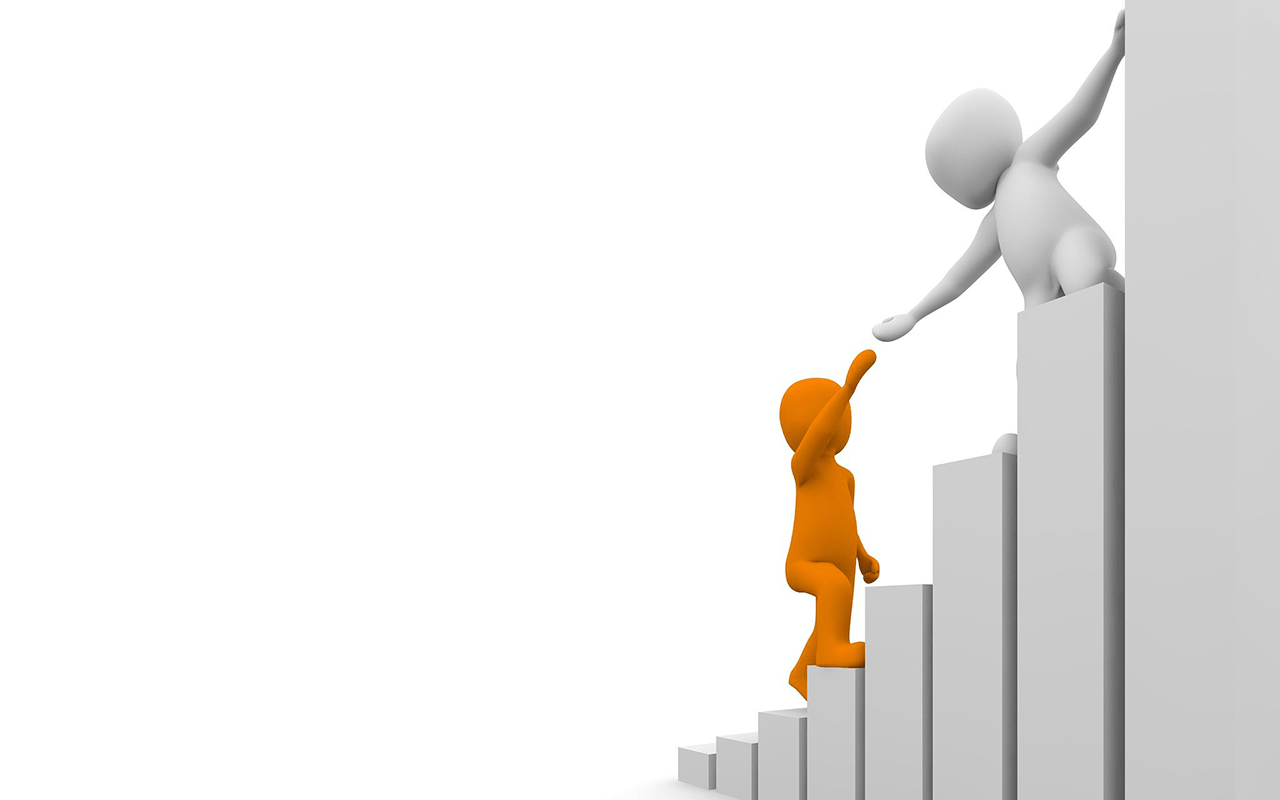Ethics for a project manager is a very modern topic and highly relevant to their career, although talking about ethics may seem to be something much more relevant to an ancient branch of philosophy.
CONTENT
Ethics covers, in fact, many aspects of the PM’s work: it is not sufficient to know the technical methodologies, but it is necessary to know how to apply them in an appropriate way to the difficult dilemmas of the real world.
What makes this particularly difficult is that, unlike processes and methods, there are no rigid and fast rules on what is right and wrong.
People, politics and moral questions are often chaotic and confusing, so guidance is needed.
And that’s the role of a project manager’s code of ethics and professional conduct.
What is ethics?
Simply put, ethics can be summed up as follows: making the right choices.
However, it is not always easy to know what the right thing to do is; sometimes you have to face tough moral dilemmas, where there is no single good choice between a lot of bad options and, often, there are only nuances of compromise.
Many people find it difficult to accept ethical ambiguity because it forces them to take responsibility for their choices and actions, rather than following convenient and settled rules and customs.
That’s why a code of ethics can provide the principles that can help to make choices in a consistent way.
By consistent we mean consistency with oneself, with the prevailing norms in culture, society, organization and professional community.
So…
Ethics is about giving a picture to assess what may be right or wrong in a specific scenario.
What are the ethical dilemmas that a project manager faces?
The main ethical challenges a Project Manager will face in their career include:
- Building a “good” professional career.
- Properly assert their rights and at the same time defend those of the people around them.
- Meet their responsibilities with fairness and respect towards all parties concerned.
- Determine what is right and wrong, especially when it is necessary to balance different interests.
- Operate with honesty and integrity, especially where your interests may conflict with those of other stakeholders.
Why should a Project Manager act ethically?
At first glance, one could “earn” more by acting out of self-interest. However, this advantage resulting from unethical conduct is likely to be short-lived.
The benefits of good ethical conduct are long-term.
This will help you build a lasting and sustainable career because many of the opportunities you gain (or lose) depend on your reputation.
Here are three main benefits of following a code of ethics:
1. Ethics as moral map: A project manager will face many choices in their career that they will not be able to determine from a purely technical point of view. A code of ethics will therefore provide a consistent basis for making these choices.
2. Ethics as a tool for thinking: It is often difficult to judge who is right in a discussion when both sides can support their point of view with sound technical arguments. Both positions might equally lead to acceptable results, but sometimes the difference lies in the domain of ethics rather than reason. Here ethics will help to isolate the core of choice.
3. Ethics as source of professional benefit: The project manager needs team members, and the organization in general, to trust them and their work. So behaving ethically – as well as credibly – helps to build this indispensable professional trust.
The 8 elements of professional ethics
As project manager there are in particular 8 elements of professional ethics to be taken into account:
1. Integrity
Integrity can be summarized in these simple concepts:
- Doing what’s right, not what’s easy.
- Honoring commitments and promises given.
- Being the person you say you are.
2. Respect
When you treat team members and other people with respect, ethical behavior becomes much easier – almost automated. Difficulties arise when an action that respects one person or group will necessarily make another person feel less respected.
3. Discretion
Always related to respect, but in particular with regard to privacy, the feelings of others and confidential information and intellectual property of the organization.
4. Responsibility
Everybody makes mistakes, even the project manager. There is no problem with that if the person who made the mistake also takes responsibility and learns the lesson.
5. Honesty
Of course, we should not repeat that, as professionals, we must act honestly, but unfortunately episodes of dishonesty, even serious ones, are not so rare.
6. Openness
Openness goes hand in hand with honesty, but one thing is not lying, another is telling the whole truth. A good project manager requires transparency and complete openness with stakeholders if you want to make solid choices and that everyone has all the information available. If it is not an informed decision, it is not a sound decision.
7. Equity
When you sense something unfair, it is natural to experience feelings ranging from mild irritation to real anger. Therefore, the project manager should take an impartial position in any decision-making process and treat all people with equal respect.
8. Generosity
This does not necessarily mean physical generosity with gifts, rather it is generosity of spirit.
It is important to be aware that professional codes of conduct inevitably incorporate ethical standards that derive from the prevailing culture within which the organization that created them is located.
And each culture has its own set of ethical and moral standards.
While people are essentially the same all over the world, our cultural backgrounds differ dramatically, through influences such as history, geography, religion and politics.
That is why the project manager who is faced with an international team must also take this into account.
Looking at the last condition, we can still conclude that the code of ethics for a project manager is a valuable tool that defines a guideline in deciding what should and should not be done in every situation.




